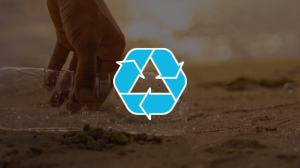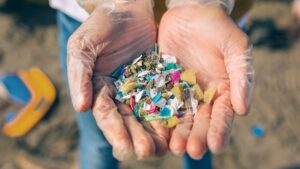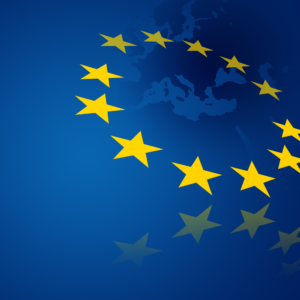Shipping plastic waste to poor countries just got harder
More than 180 countries have agreed to include plastic in a treaty regulating exports of hazardous waste.
It just got more difficult for rich countries to ship their plastic waste to poor countries. On May 10, more than 180 nations agreed in Geneva to add mixed plastic scrap to the Basel Convention, the treaty that controls the international movement of hazardous waste.
Under the amended treaty, exporters must first obtain consent from the governments of receiving nations before shipping the most contaminated, mixed, or unrecyclable plastic waste. Requiring that kind of special attention is regarded as a crucial step in helping the world gain control of a plastic pollution crisis that has already seen 100 million tons of plastic waste leak into the world’s oceans, according to United Nations figures.
David Azoulay of the Center for International Environmental Law, a research and advocacy group, said in an interview that the action “shows what ambitious international leadership looks like.”
Plastic waste shipments became an issue last year after China, the world’s biggest importer of plastic scrap, stopped buying non-industrial plastic scrap, upending a $200 billion global recycling industry. By 2030 China’s new policy will have displaced more than 120 million tons of mixed or contaminated plastic, according to a study published last year.



